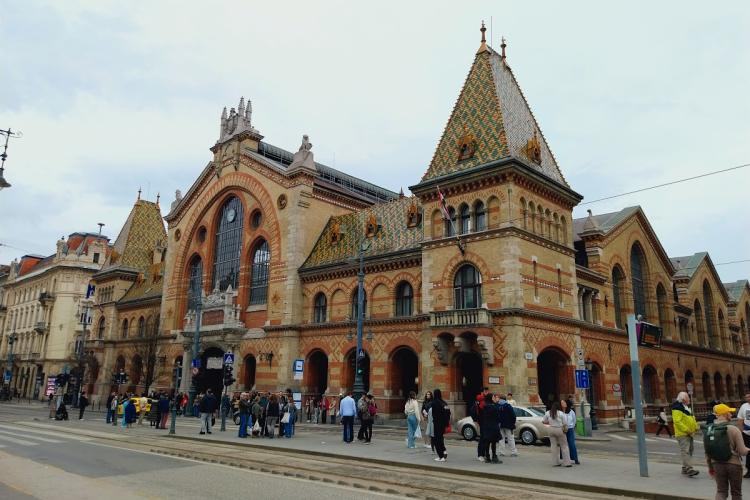FAQ: Tipping and Payments in Hungary
Do I need to tip in Hungary?
Tipping is not obligatory, but expected and customary. In restaurants, 10–15% is standard unless a service charge is already included. It's increasingly common for restaurants to have the service fee included in the bill these days, but it's best to ask before payment if is inlcuded. Always check your bill. In taxis and cafés, rounding up or giving around 10% is typical. For hairdressers or hotel staff, 10% or small cash tips are appreciated.
Tip or service charge?
In a recent statement, the Hungarian Competition Authority (GVH) reminded businesses and consumers that there's an important distinction between tips and service charges in Hungary. A tip (borravaló) is a voluntary payment given as a sign of appreciation, while a service charge (szervizdíj) is a mandatory fee added by the business, usually included on the bill. The GVH emphasized that businesses must clearly inform customers in advance if a service charge is applied, and it must be clearly itemized on the receipt. This transparency is crucial so consumers know whether tipping is expected on top of the final amount or not.
Should I tip in cash or by card?
You can tip either way, but if paying by card, always let the staff know you want to add a tip before the transaction. Not all terminals allow tipping after the amount is entered.
Can I pay with card in Hungary?
Yes, cards are widely accepted. Visa, Mastercard, Maestro, Revolut and contactless options like Apple Pay or Google Pay work almost everywhere. You might have problems with American Expresss, especially in smaller places.
Is Hungary a cash-based or card-based country?
Mostly card-based in Budapest. Retail places are required by law to accept card where it is technologically feasable. Cards are accepted in shops, restaurants, taxis, and public transport ticket machines. Still, keep a bit of cash for markets, some rural spots, or public toilets.

The banknotes of Hungary
Can I pay in euros?
Not usually. Hungary uses the forint (HUF), that was adopted in 1946. A few tourist-heavy places may accept euros, but the exchange rate will be poor, and change will be in HUF. Best to pay with card or forints.
Are self-checkouts common in stores?
Yes. Large grocery stores like Tesco, Spar, Lidl, and Aldi often have self-checkout machines. You can use cash or card, and some machines support English.
Are contactless payments accepted?
Yes. Tap-to-pay is very common—even in small shops, food trucks, and cafés.
Do taxis accept cards?
Most licensed taxis do, but it’s wise to ask before starting the ride. If unsure, use ride-hailing apps like Bolt, which support in-app payments.
Can I use Apple Pay or Google Pay?
Yes. Most terminals accept both, especially in cities and larger towns.

